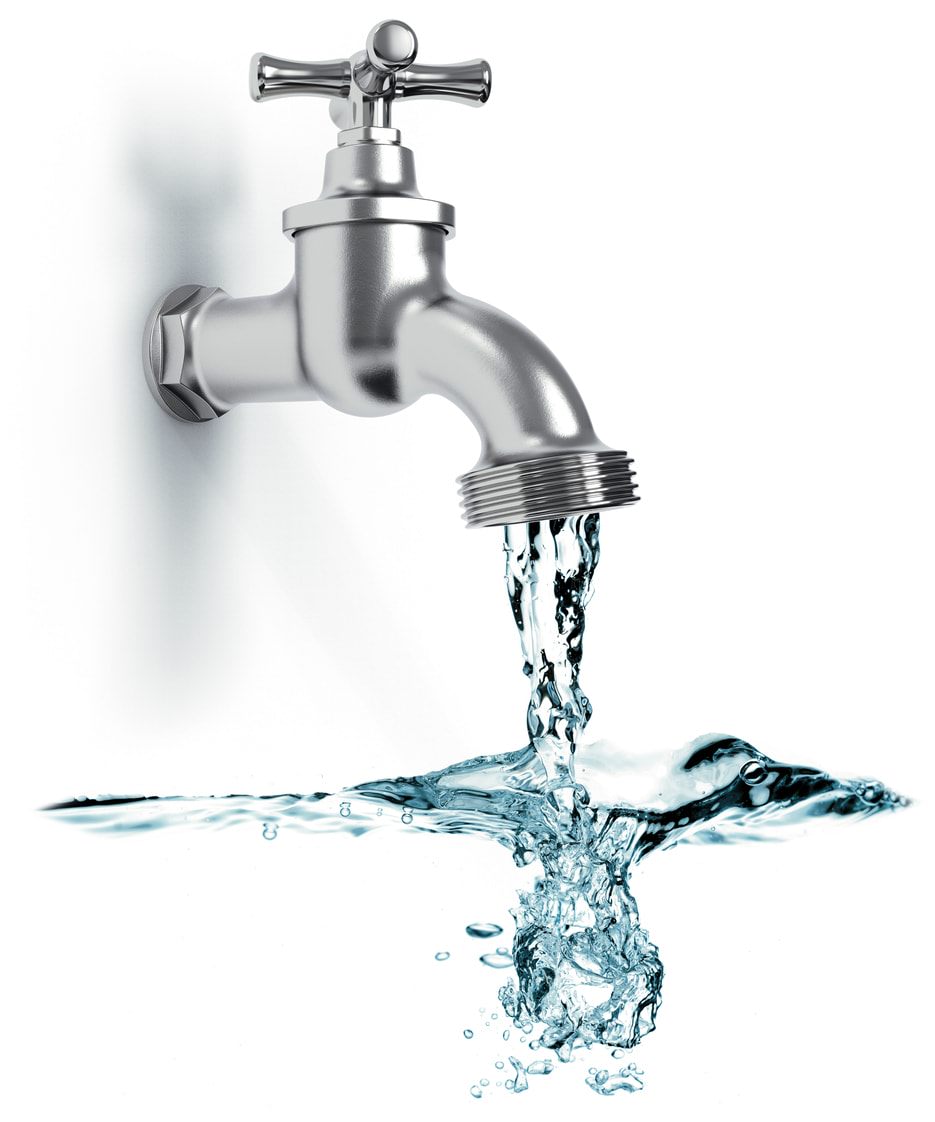How to become wealthy: Measure your money
If you haven’t developed a habit of regularly checking in on your budget and cashflow, it’s unlikely that you’ll ever be financially fit.
Wealth, after all, is like health. You can’t hope to improve without knowing where you are and where you want to be.
While you might entertain an imagined future where money is the least of your worries... a future where you’re preoccupied with experiencing and enjoying life itself, attaining that joyful state begins with the basics. The basics aren’t sexy, but they are essential. “Measuring your money” is about knowing what your income is, what your budget is and what your incremental growth in net worth looks like.
It’s the lack of discipline to cultivate this seemingly simple habit that keeps too many of us stuck in a state of “not enough.”
Roger Hamilton, author of NY Bestselling book “The Millionaire Master Plan” highlights the typical excuses we make for not cultivating a habit of fiscal discipline.
Excuse #1: “There’s no point in measuring my money cos I can’t change it anyway”
Most of us haven't learned the mechanics of how money is made. We can all learn this, just like we can all learn how to drive a car if we want to. As with any other learnable skill, it begins with taking things one step at a time.
Excuse #2: “Money is a pain in the ass to measure, and I'd rather be doing other things”
Most of us who have tried personal budgets and forecasts lose interest because we haven’t set up a simple process which measures the inflow and outflow of money *automatically*. If you haven’t made tracking your money easy, of course it will feel like hard work.
Excuse #3: “Money isn't the most important thing in life – it can’t buy me happiness”
Most of us have been taught that money isn't something we should be too worried about. As a result of trying not to worry about having it, we spend most of our time worrying about not having enough of it.
Wealth creators understand that a "cash plumbing system" can deliver money on demand, much in the same way as conventional plumbing systems deliver water on demand
The reason we don't spend as much of each day in the developed world worrying about water is because modern plumbing systems deliver water to us via a tap. If we didn't have this, we would spend much of each day in search of water.
Money is the same. Once you have set up a plumbing system that ensures money flows to you, you don't need to worry about it in the same way you did when you didn’t have a “cash plumbing system”. There are better ways to spend your time than to worry about the lack of money - and with less worries comes more happiness.
When wealthy people say "It's not about the money", they mean it. They have a plumbing system in place that takes care of their money so that they can focus on other things.
Right. Less theory, more “how the hell do I become wealthy?” advice. I hear you. Let’s get to it.
Ten Steps to Measure your Money.
Step #1: Have a clear motivation, and make a firm decision to measure your money.
Step #2: Set a repeatable schedule and rhythm for checking in on your finances.
Step #3: Set up a system that’ll automatically report on your cashflow, so you can focus on growing your wealth, instead of counting your cash.
Step #4: Create a support system to help you manage where you are and where you’re going.
Step #5: Write down a personal financial report that explains where your monthly net cash flow is, where it was a year ago and where it’ll be in a year from now.
Step #6: Establish clear criteria for the investment of your *time*.. what do you want to invest more (or less) time in?
Step #7: Calculate what your time is worth today, in terms of $ per hour, what it was a year ago and what it’ll be in a year from now.
Step #8: Establish measures of how your company will grow, in revenue and profit, and how that’ll serve you in what you personally earn.
Step #9: Establish measures of how your balance sheet will grow, in revenue and profit, and how that’ll serve you in asset value, cash return and personal earnings.
Step #10: Gain an understanding of your financial flows which inspires you and takes away the stress of financial uncertainty.


